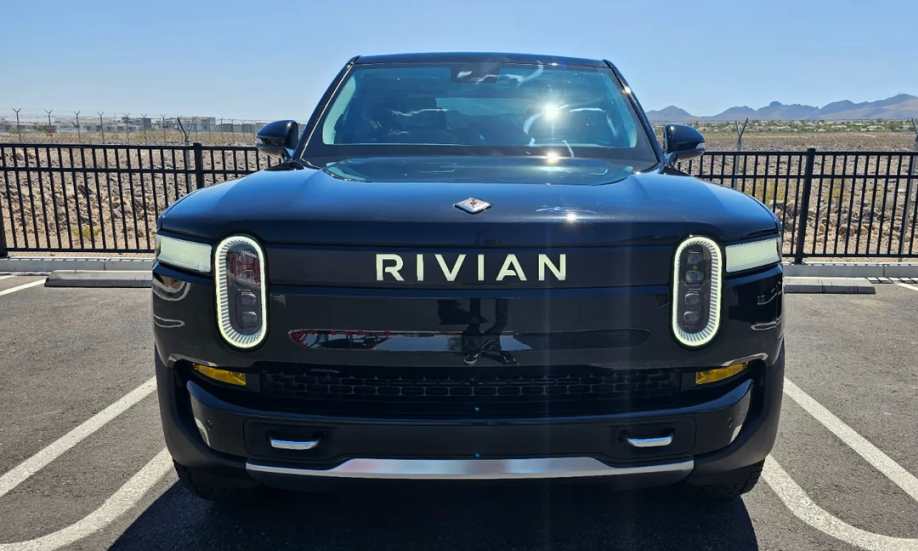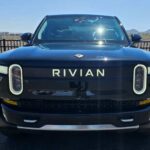Volkswagen invests $5.8 billion in Rivian to keep the struggling EV truck startup afloat

Rivian announced on Wednesday a $5.8 billion investment from German automaker Volkswagen as part of a joint venture, driving the Amazon-backed electric truck maker’s stock up over 15% on Wednesday.
The funding is a much-needed boost after Rivian posted a $1.45 billion loss in the first quarter of 2024, widening from a $1.35 billion loss in the same period in 2023. The cash infusion comes as Rivian’s cash burn rate remains high, and billions more will be needed to keep operations on track.
The timing is critical for Rivian, which is aiming to cut costs, push toward profitability, and prepare for the launch of its smaller, more budget-friendly R2 SUV, a model intended to appeal to cost-conscious consumers. The joint venture, named Rivian and VW Group Technology LLC, will focus on integrating advanced electrical systems and Rivian’s software across both companies’ future electric vehicle lineups.
This move comes just two years after Amazon reported a $7.6 billion loss on its investment in Rivian, as the EV maker’s valuation plummeted from its peak of $146.7 billion to $29.41 billion. Rivian’s stock saw initial success at its IPO, reaching $172 per share, surpassing GM’s $101 billion valuation despite fewer than 100 trucks delivered at the time. Since then, Rivian has lost over 90% of its market value, with shares currently trading around $12.60.
“The investment is a strong vote of confidence in Rivian’s future as the U.S. EV landscape faces greater uncertainty, especially with Trump back in office,” said Susannah Streeter, head of money and markets at Hargreaves Lansdown, as reported by Reuters. “Tesla’s Elon Musk has a close connection to Trump, which could place EV competitors like Rivian in a less favorable position under future policies.”
After Trump’s recent election win, EV stocks saw declines across the board, with Tesla as a notable exception. Last week, Rivian missed its third-quarter revenue estimates, hampered by ongoing parts shortages that led to a scaled-back production forecast in October.
Garrett Nelson, senior equity analyst at CFRA Research, highlighted the hurdles Rivian continues to face: “The company lacks scale, faces steep competition, high capital costs, and could soon lose EV tax credit support.” However, analysts at Canaccord Genuity noted that the new partnership with Volkswagen alleviates “a significant chunk of the capital concerns” and could position the Rivian-VW alliance as a key player in the Western EV market, challenging Tesla’s dominance.
Rivian’s shares have fallen nearly 55% this year, underperforming other EV rivals. If current gains hold, the company could add around $1.6 billion to its market cap, currently sitting at $10.8 billion.
Founded in 2009 by Robert J. Scaringe, Rivian entered the market with its electric adventure vehicles, pushing boundaries with technology and services aimed at sustainable mobility. The company has continued to focus on innovation in the EV space, even as it faces headwinds in its path toward stability and growth.




